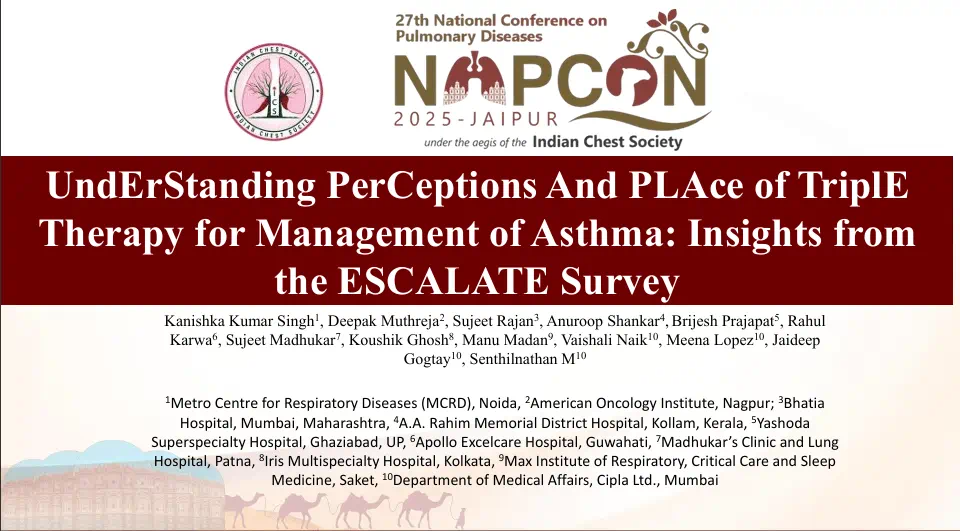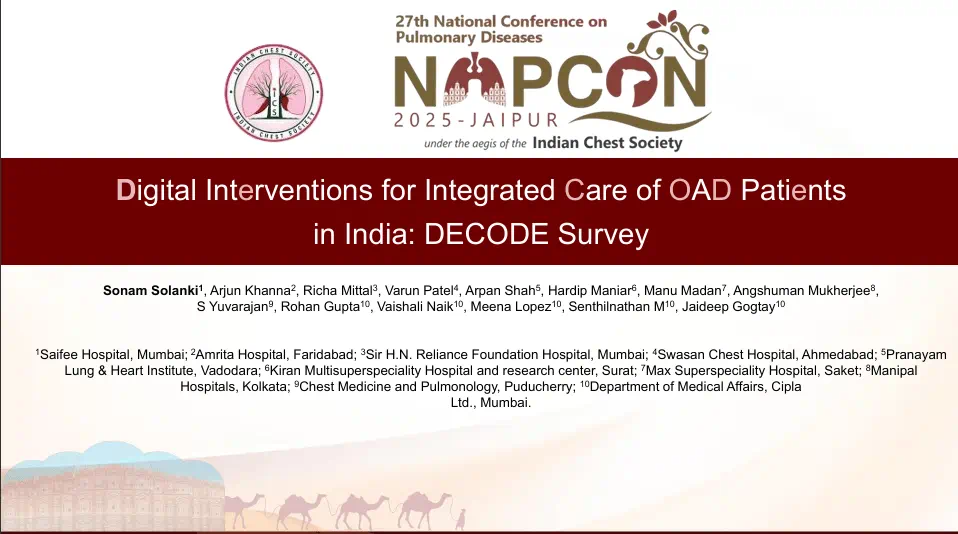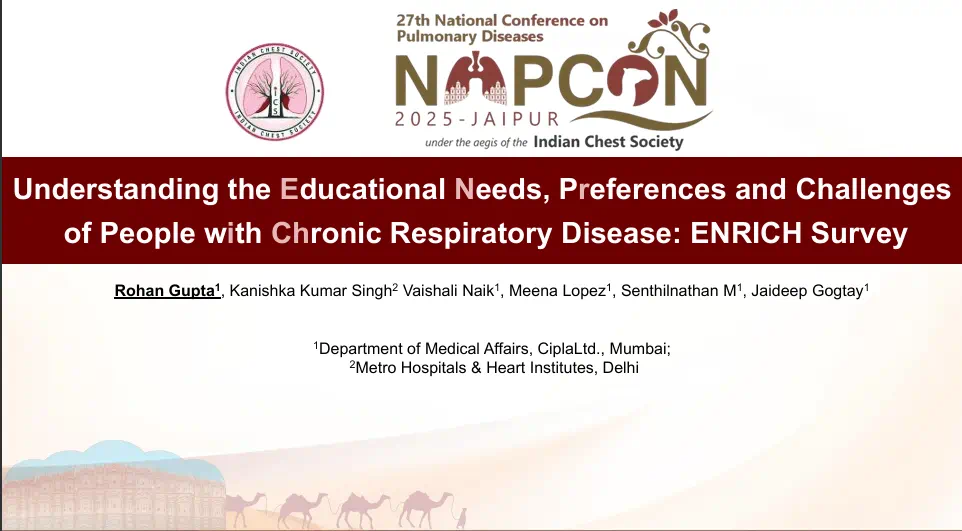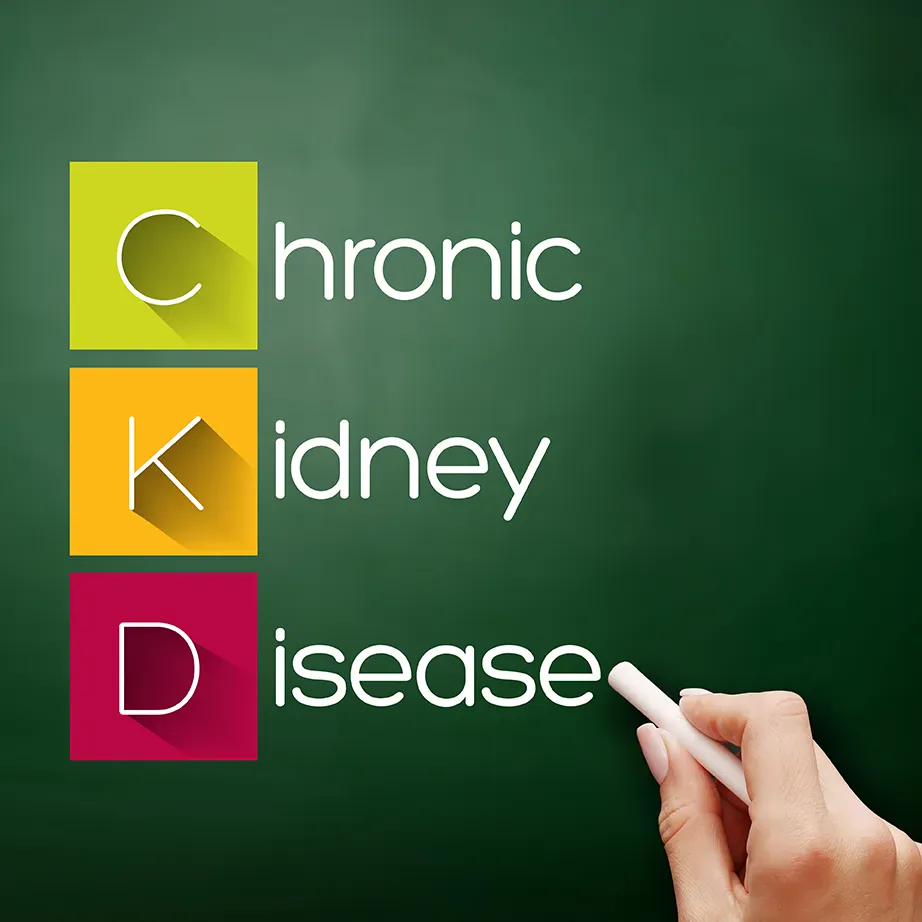A Meta-analysis Unveils the Link between Dietary Inflammatory Potential and Urologic Cancer
Introduction
Among the urologic cancers (UC), prostate cancer (PC), bladder cancer (BC) and kidney cancer (KC) are the most prevalent and are significant causes of mortality. Research on various risk factors for UC has been done to reduce the incidences and deaths. Research has demonstrated that diet has the potential to lower the incidence of UC. Empirical dietary inflammatory pattern (EDIP) and dietary inflammatory index (DII) were used to calculate the inflammatory potentials of diets and correlate them to UC risk. A meta-analysis published in 2018 indicated that DII was significantly associated with the risk of PC, BC and KC. However, the number of included studies was limited, and more research has been published on this topic since then.
Aim
This study aims to update the previously published meta-analysis and find a more precise and quantitative estimate for the correlation between dietary inflammatory potential and risk of UC.
Method
Study Design
- Meta-analysis
Treatment Strategy
- Eligible studies were identified after a comprehensive search using the PubMed and Embase databases
- Relative risk (RR) was the common measure of the estimated associations across studies
- Hazard ratios (HRs), incidence rate ratios and odd ratios (ORs) were considered estimators of RRs
- The overall correlation between dietary inflammatory potential and risk of UC was analyzed by comparison of the highest with the lowest category of the DII/EDIP or by using the continuous DII/EDIP score
Results
- The meta-analysis included 23 studies with 5,57,576 subjects
- A significant association was found between DII/EDIP and prostate cancer risk (RR 1.52)
- Analysis of case-control studies also demonstrated similar elevated prostate cancer risk (RR = 1.75)
- However, no such association was found among cohort studies (RR = 1.02)
- The correlation between DII/EDIP and bladder cancer was insignificant (RR 1.22)
- The findings were similar with respect to case-control (RR = 1.59) and cohort studies (RR = 1.03)
- A statistically significant association was noted between the DII and risk of kidney cancer (RR = 1.27)
- DII was positively associated with all types of UC, but no association was found for EDIP
Conclusion
- The results of this meta-analysis conclude that an inflammatory diet has a direct effect on the development of prostate cancer and kidney cancer but not of bladder cancer.
- Large-scale studies are warranted to analyze the association between dietary inflammatory potential and risk of urologic cancers and provide effective nutritional advice for their prevention.
Adv Nutr. 2024 Jan;15(1):100124. Doi: 10.1016/j.advnut.2023.09.012.









